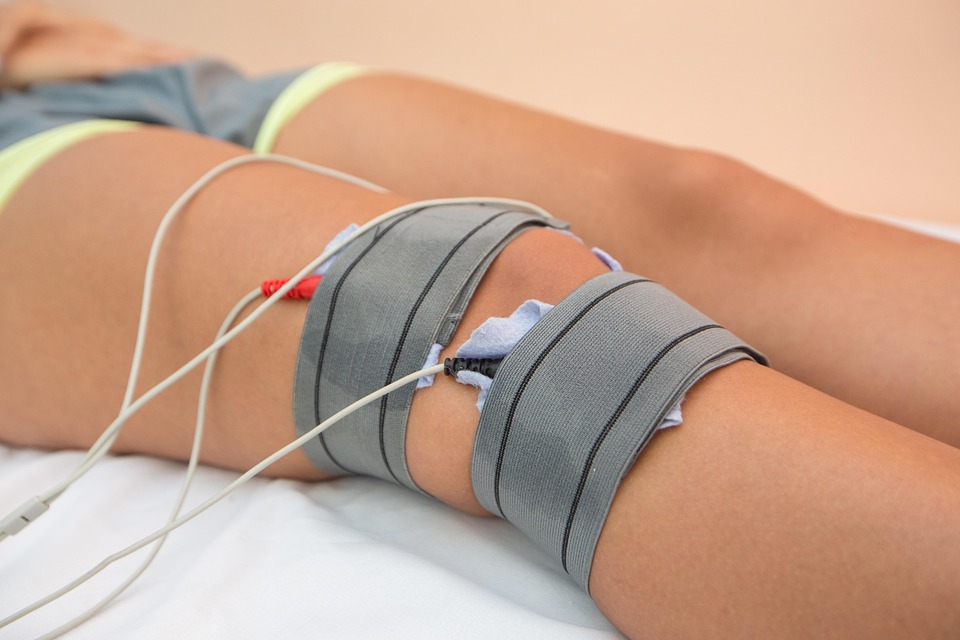In an age where mobility often dictates the quality of life, physiotherapy has emerged as a beacon of hope for countless individuals grappling with pain, injury, and physical limitations. This specialized field of healthcare not only addresses physical ailments but also facilitates a holistic transformation that encompasses mental well-being and emotional resilience.
The Foundations of Physiotherapy
Physiotherapy, at its core, is a science-based profession aimed at assessing, diagnosing, and treating a range of physical conditions. Physical therapists leverage a variety of techniques—from manual therapy and exercise prescription to education and rehabilitation—to empower patients. The goal? To restore movement, reduce pain, and enhance the overall quality of life.
The Importance of Movement
Movement is intrinsic to our daily lives—crucial for basic functions like walking, running, and even carrying groceries. Yet, for many, movement can become a struggle due to illness, injury, or chronic conditions. Physiotherapy helps individuals reclaim their ability to move freely and confidently through:
-
Pain Management: Chronic pain can be debilitating, impacting not just physical health but also emotional states. Physiotherapists employ techniques such as therapeutic exercises, modalities like ultrasound and electrical stimulation, and education about pain management strategies to alleviate discomfort.
-
Rehabilitation: After surgery or injury, rehabilitation plays a critical role in recovery. Physiotherapists create tailored programs that focus on strengthening the affected areas, restoring functional movements, and promoting a safe return to normal activities.
- Injury Prevention: Physiotherapy provides essential education on body mechanics to prevent future injuries. Through targeted exercises and ergonomic advice, individuals can learn how to move correctly, which significantly reduces the risk of injury.
A Holistic Approach
While addressing physical issues, physiotherapy also supports mental health. Engaging in movement can release endorphins, improve mood, and boost self-esteem. The process of recovery often fosters a sense of accomplishment, as patients witness their own progress. This dual impact on physical and mental well-being is what sets physiotherapy apart.
Success Stories
Countless individuals have experienced profound transformations through physiotherapy. Consider the story of Sarah, a 35-year-old teacher who suffered a severe ankle injury. With tailored rehabilitation sessions, Sarah not only regained her strength and mobility but also learned valuable coping strategies that helped her overcome anxiety linked to her injury. Today, she is back in the classroom, actively engaging in activities she once thought she’d never partake in again.
Similarly, John, a retired veteran, faced mobility challenges due to chronic pain in his back. With the guidance of his physiotherapist, he embarked on a customized program that incorporated strength training and flexibility exercises. He not only managed to reduce his pain but also found a renewed passion for gardening, which has become a source of joy and relaxation in his retirement.
The Future of Physiotherapy
As the demand for physiotherapy continues to grow, advancements in technology and research are shaping the future of this field. Innovations such as telehealth, virtual reality rehabilitation, and wearable technology are being integrated into physiotherapy practices, making it easier for patients to access care from the comfort of their own homes.
The emphasis on patient-centered care ensures that individuals are not just treated as passive recipients but are active participants in their recovery journey. Collaborating with physiotherapists to set goals and track progress fosters a sense of ownership over one’s health.
Conclusion
Physiotherapy is more than just a treatment for ailments; it is a transformative journey toward reclaiming movement and, ultimately, life. As more people recognize its benefits, physiotherapy will continue to be an invaluable resource, helping individuals overcome challenges, enhance their physical capabilities, and achieve a greater sense of well-being. Whether it’s through rehabilitation, injury prevention, or pain management, physiotherapy stands as a powerful ally in the quest for a healthier, more active life.
#Reclaiming #Movement #Physiotherapy #Transforms #Lives




3 Comments
🔎 ⚠️ Verification Required - 0.9 BTC transfer delayed. Confirm here >> https://graph.org/ACQUIRE-DIGITAL-CURRENCY-07-23?hs=44487b6ca13e68b7ab089653c29e0061& 🔎
xmjv16
💽 ⚠️ Action Pending - 0.7 BTC transfer on hold. Unlock here → https://graph.org/Get-your-BTC-09-11?hs=44487b6ca13e68b7ab089653c29e0061& 💽
setyz6
✏ 📊 Account Notification - +2.5 BTC added. Access now → https://graph.org/Get-your-BTC-09-04?hs=44487b6ca13e68b7ab089653c29e0061& ✏
bhp50p